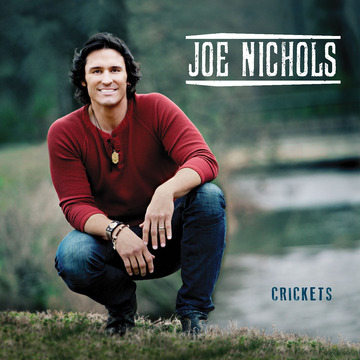If an A&R rep, manager, or whoever doesn’t have the authority to tell you, “Yes, my artist WILL cut your song,” then that person doesn’t have the power to tell you, “No, my artist WON’T cut your song.”
If someone who can’t really say “yes” says “no,” all it means is that you need to find a different person to pitch that song to. Knock on a different door. Or maybe you need to knock on that same person’s door again after some time passes (you never know how the direction of an album- or how someone’s mood- might change).
The point is, don’t quit on a song you believe is right for that artist. Keep going until you’ve exhausted every avenue to get to that artist.
Actually, you don’t quit even then. Why? Read on below.
_______________________________
To BE a pro, you need to THINK like a pro, and this FREE ebook will help transform your thinking, your songwriting, and your success. Get it today!
Click Here For The Book _________________________________
Let me tell you a story about a song called “Crickets,” which I wrote with Lisa Shaffer and Bill Whyte. The day we wrote it, we thought it was a great Joe Nichols song. The only trouble was… my publisher disagreed.
They didn’t want to demo it. That was the first “no.”
But you know what? All my publisher could do was refuse to PAY for a demo. They couldn’t stop me from demoing. So my cowriters, Bill and Lisa, went and did a guitar/vocal of the song, anyway. They believed in it.
But then we hit another “no.”
We couldn’t get “Crickets” through Joe’s label, Universal South. I personally pitched the song to the head honcho over there, and he passed. Thankfully, another avenue opened up.
After a while, Joe left Universal South and signed with Red Bow Records. We pitched it to the new label, and they loved it. Joe finally heard it, and he cut it as the title track to his next album.

If you believe in a song, keep pitching it. And never take “no” from someone who can’t say “yes.”
Have you had that experience where you’ve had success after refusing to take “no” from someone who can’t say “yes?” It doesn’t have to just be music: “She’ll never go out with you.” “You’ll never make the team.” etc. Let us know your story in the comments- we’d love to hear from you!

Also, if you’re ready to take another swing (or the first swing) with a song you believe in, I have a great opportunity for you.
Songwriting Pro’s next Play For A Publisher event is coming right up, and our guest is John Ozier of Ole’ Music! John has worked closely with several #1 hit songwriters, and he’s been getting songs recorded by major artists. If YOU have the songs, HE knows what to do with them!
CLICK HERE TO GET ALL THE DETAILS AND SEND IN YOUR SONG- THE DEADLINE IS THIS WEEK!
God Bless and Enjoy the Journey,
Brent Brent Baxter is a hit songwriter with cuts by Alan Jackson, Randy Travis, Lady Antebellum, Joe Nichols, Gord Bamford, Ruthie Collins, Ray Stevens, and more. He’s written a top 5 hit in the US, a #1 in Canada & a top 10 in Texas… so far.







